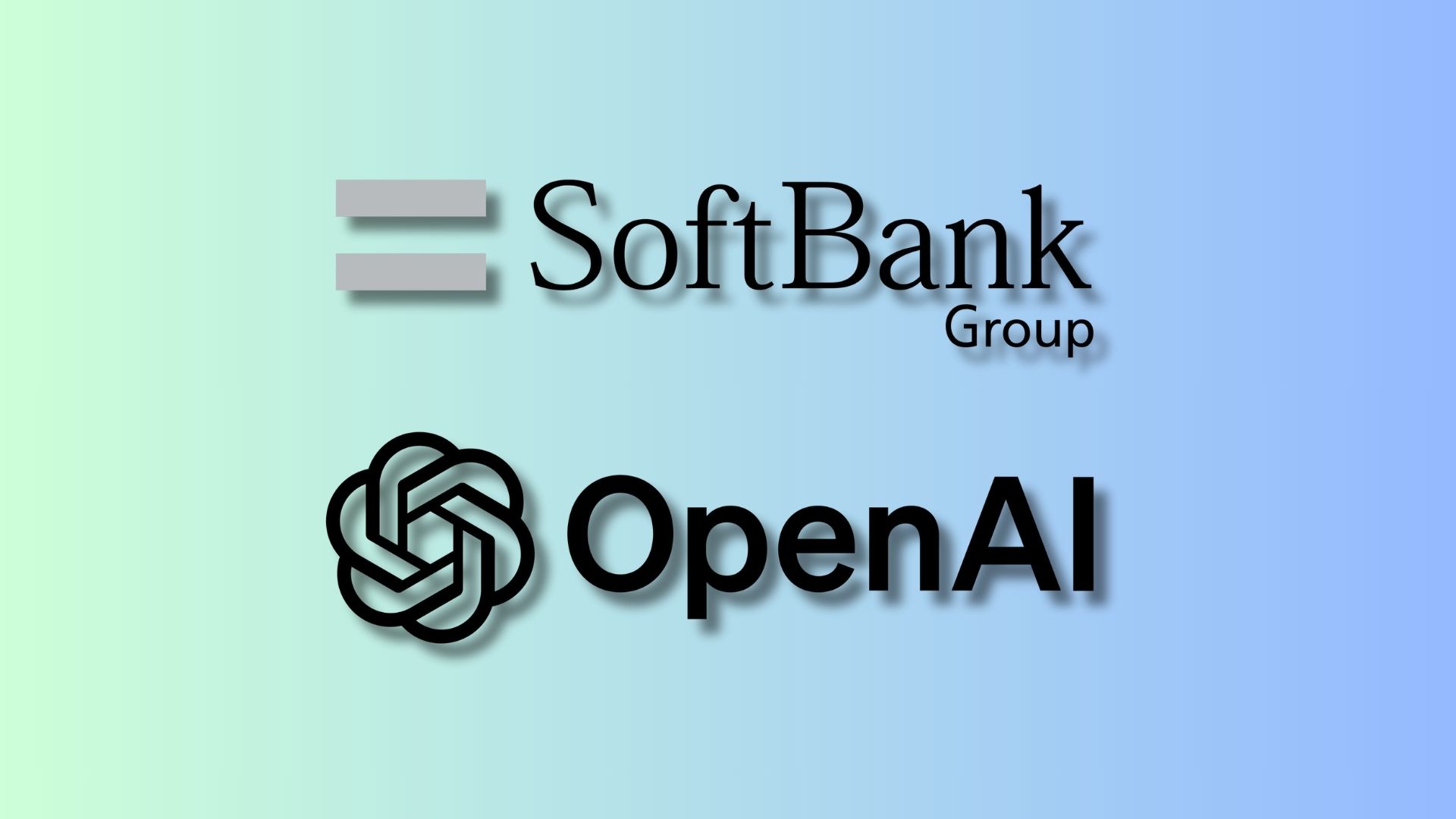SoftBank Group has completed a $41 billion investment in OpenAI, marking one of the largest private funding rounds on record. The deal gives the Japanese conglomerate an estimated 11 percent stake in the ChatGPT developer.
The investment reflects SoftBank chief executive Masayoshi Son’s renewed focus on AI and supporting infrastructure. The company is seeking to capitalise on rising demand for the computing capacity that underpins advanced AI models.
SoftBank said the latest funding includes an additional $22.5 billion investment, following an earlier $7.5 billion injection in April. OpenAI also secured a further $11 billion through an expanded syndicated co-investment from other backers.
The funding values OpenAI at roughly $300 billion on a post-money basis, though secondary market transactions later placed the company’s valuation closer to $500 billion. The investment follows SoftBank’s recent agreement to acquire DigitalBridge Group, a digital infrastructure investor.
OpenAI remains a central beneficiary of the global surge in AI spending. The company is also involved in Stargate, a large-scale data centre project backed by SoftBank and other partners to support next-generation AI systems.
Would you like to learn more about AI, tech, and digital diplomacy? If so, ask our Diplo chatbot!










